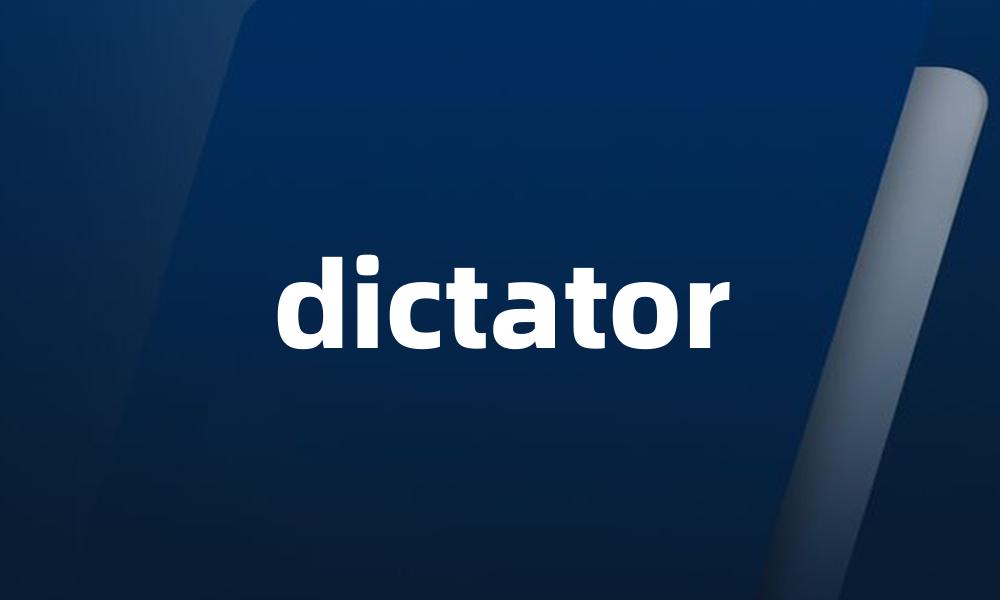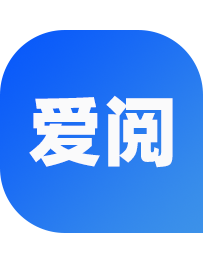
词汇分析:dictator
基本定义
“dictator”是一个名词,指的是一个拥有绝对权力的统治者,通常以专制或独裁的方式治理国家或地区。
词语辨析
在不同的语境中,“dictator”可能暗示不同的含义。在政治语境中,它通常与专制统治相关联,而在其他语境中,可能用于形容对某个团体或组织有绝对控制权的人。
近义词
tyrant(暴君)
despot(专制者)
autocrat(独裁者)
反义词
democrat(民主主义者)
liberal(自由主义者)
republican(共和主义者)
词汇扩充
dictatorship(独裁统治)
dictatorial(独裁的,专治的)
用法
在使用“dictator”时,通常与否定的评价有关,强调权力的滥用和缺乏政治自由。
例句
-
The **dictator** ruled the country with an iron fist.
这位独裁者以铁腕手段统治国家。
-
Many people suffered under the oppressive regime of the **dictator**.
在这位独裁者的压迫政权下,许多人受尽苦难。
-
The **dictator** was overthrown in a popular uprising.
这位独裁者在一次民众起义中被推翻。
-
Citizens lived in fear of the **dictator**'s secret police.
公民们生活在对独裁者秘密警察的恐惧中。
-
His decisions were final, as he was the **dictator** of the organization.
他的决定是最终的,因为他是该组织的独裁者。
-
Critics labeled him a **dictator** for his authoritarian policies.
批评者因他的专制政策称他为独裁者。
-
The **dictator** promised reforms but delivered oppression instead.
这位独裁者承诺改革,但却带来了压迫。
-
In history, many **dictators** have faced downfall due to their tyranny.
在历史上,许多独裁者因其暴政而遭到覆灭。
-
The **dictator** controlled the media to maintain his power.
这位独裁者控制媒体以维持他的权力。
-
Opposition leaders were imprisoned by the **dictator**.
反对派领袖被这位独裁者监禁。
-
Fear and propaganda were tools of the **dictator**.
恐惧与宣传是这位独裁者的工具。
-
Many nations have struggled against **dictatorships** throughout history.
历史上,许多国家都在与独裁统治斗争。
-
A **dictatorial** approach can stifle creativity and innovation.
一种独裁的方法可能会扼杀创造力和创新。
-
The **dictator** claimed to represent the people's will.
这位独裁者声称代表人民的意志。
-
International communities often condemn **dictators** for human rights abuses.
国际社会通常谴责独裁者侵犯人权。
-
Some **dictators** maintain power through fear and violence.
一些独裁者通过恐惧和暴力维持权力。
-
Democracy is often seen as the opposite of a **dictatorship**.
民主通常被视为独裁统治的对立面。
-
Under the **dictator**, political dissent was not tolerated.
在这位独裁者的统治下,政治异议不被容忍。
-
His **dictatorial** methods alienated many former supporters.
他独裁的方法使许多前支持者感到疏远。
-
Revolutions often arise in response to oppressive **dictatorships**.
革命往往是对压迫性独裁统治的回应。

 小皮
小皮